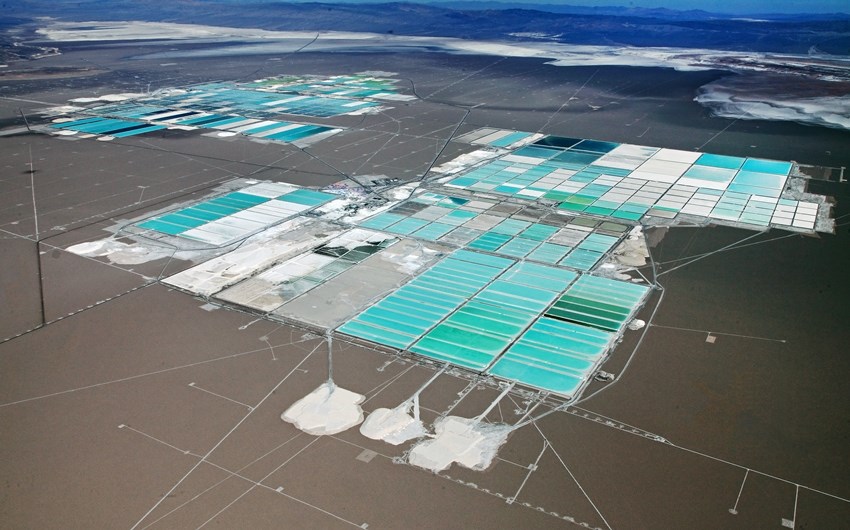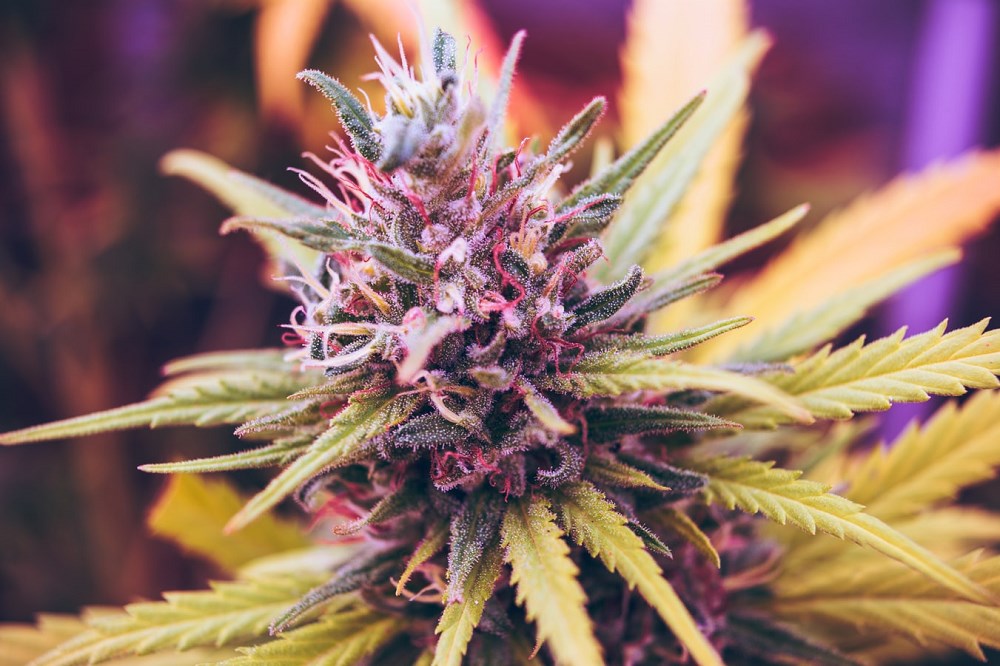
The electric vehicles (EV) market is skyrocketing with legacy players throwing everything at EV production in an attempt to close the gap with Tesla, the leviathan EV powerhouse. In the latest Morningstar Electric Vehicle Observer, Morningstar analysts anticipate that by 2030, two out of three cars sold will either be EVs or hybrids.
As the market for battery-operated electric vehicles grows, so does the demand for lithium, the main ingredient in rechargeable batteries and energy storage devices, and EVs will account for 79% of lithium demand. More EV options, improved battery range, supportive government policies and regulations could continue to fuel exponential growth of EVs globally for the next several years, according to Morningstar. This could provide a huge windfall for owners of mines with large lithium deposits.
The following lithium producers could be the biggest beneficiaries of the exponential growth of the EV battery market, projected to accelerate from US$27.3 billion in 2021 to US$67.2 billion by 2025, at a 25.3% annual clip.
|
Sociedad Quimica Y Minera De Chile SA ADR |
||
|
Ticker |
||
|
Current yield: |
1.45% |
|
|
Forward P/E: |
29.76 |
|
|
Price |
US$46.06 |
|
|
Fair value: |
US$58 |
|
|
Value |
17% discount |
|
|
Moat |
Narrow |
|
|
Moat Trend |
Stable |
|
|
Star rating |
**** |
|
|
Data as of July 06, 2021 |
||
Chilean commodities producer, SQM (SQM) is a leading low-cost lithium producer. Additionally, the firm produces specialty potassium fertilizers, iodine (for X-ray machines), and solar salts. SQM extracts these materials through its high-quality caliche ore and salt brine deposits.
“As electric vehicle penetration increases, we expect high-double-digit annual growth for global lithium demand, one of the best growth profiles among commodities,” says Morningstar equity report, pointing out that SQM is a major supplier in the lithium carbonate market, and over the long term, it plans to grow its carbonate capacity to at least 180,000 metric tons from 70,000 in 2019.
The producer has a cost advantage in lithium production due to its lucrative brine assets in the Salar de Atacama in Chile. In fact, the company’s Chilean mines have the highest concentration of lithium anywhere in the world.
“By 2025, EVs will become cheaper for entry-level cars and reach performance parity with internal combustion engines (ICEs),” says Morningstar equity analyst Seth Goldstein. Lithium producers like SQM will be the biggest beneficiaries of demand growth resulting from faster EV adoption, he says.
|
Livent Corp |
||
|
Ticker |
||
|
Current yield: |
- |
|
|
Forward P/E: |
128.21 |
|
|
Price |
US$19.10 |
|
|
Fair value: |
US$17 |
|
|
Value |
Fairly valued |
|
|
Moat |
Narrow |
|
|
Moat Trend |
Stable |
|
|
Star rating |
*** |
|
|
Data as of July 06, 2021 |
||
Livent (LTHM) is a pure-play lithium producer that is well placed to benefit from increased lithium demand via higher electric vehicle adoption, as lithium is a key component of EV batteries. While company's low-cost lithium carbonate production comes from brine resources in Argentina, it also operates downstream lithium hydroxide conversion plants in the U.S. and China and has a 25% stake in a fully integrated Canadian lithium project.
“Livent's lithium carbonate production in Argentina is among the world's lowest-cost lithium sources,” says a Morningstar equity report, which forecasts high-double-digit annual growth for global lithium demand.
Livent is looking to ramp up production by increasing its Argentine brine-based lithium production capacity from 20,000 metric tons in 2020 to over 60,000 metric tons over the long term. The company also plans to double its lithium hydroxide capacity from 25,000 metric tons in 2020 to at least 55,000 metric tons.
“We are bullish on lithium demand,” assures Goldstein, noting that Livent's strategy is to focus on lithium hydroxide, a higher-quality and typically higher-priced product which is used in long-range EV batteries. He appraises the stock’s fair value to be US$17.
|
Albemarle Corp |
||
|
Ticker |
||
|
Current yield: |
.92% |
|
|
Forward P/E: |
52.63 |
|
|
Price |
US$170.04 |
|
|
Fair value: |
US$145 |
|
|
Value |
17% premium |
|
|
Moat |
Narrow |
|
|
Moat Trend |
Stable |
|
|
Star rating |
** |
|
|
Data as of July 06, 2021 |
||
Albemarle (ALB) produces lithium from its salt brine deposits in Chile, the U.S., and its joint venture mines in Australia. As world's largest lithium producer, the company is well placed to profit from robust lithium demand underpinned by growing popularity of electric vehicle batteries. Albemarle is also a global leader in bromine production and is a major producer of oil refining catalysts.
Battery makers are poised to see massive demand growth creating opportunities for battery component, such as lithium, producers. “As electric vehicle adoption increases, we expect high-double-digit annual growth in global lithium demand,” says a Morningstar equity report.
In response, Albemarle is pushing to ramp up its lithium production capacity from roughly 85,000 metric tons in 2019 to 155,000 metric tons by the end of 2022.
“We expect the company to continue investing in increasing its lithium capacity after 2021,” says Goldstein, adding this will likely occur through either the acquisition or through brownfield capacity expansions in China and Australia.
Globally, lithium carbonate is produced from either lower-cost evaporation of brine or higher-cost mining of spodumene minerals. “Albemarle has a cost advantage in lithium carbonate production due to its lucrative brine assets in the Salar de Atacama in Chile, which make up approximately 80% of its lithium profits,” says Goldstein, who puts the stock’s fair value at US$145.






















